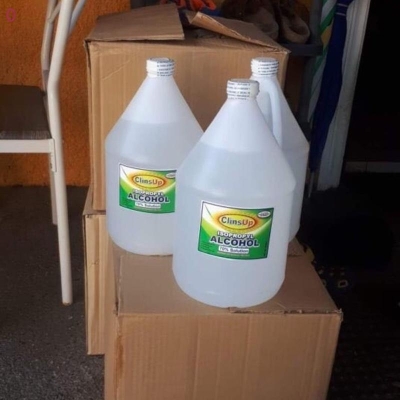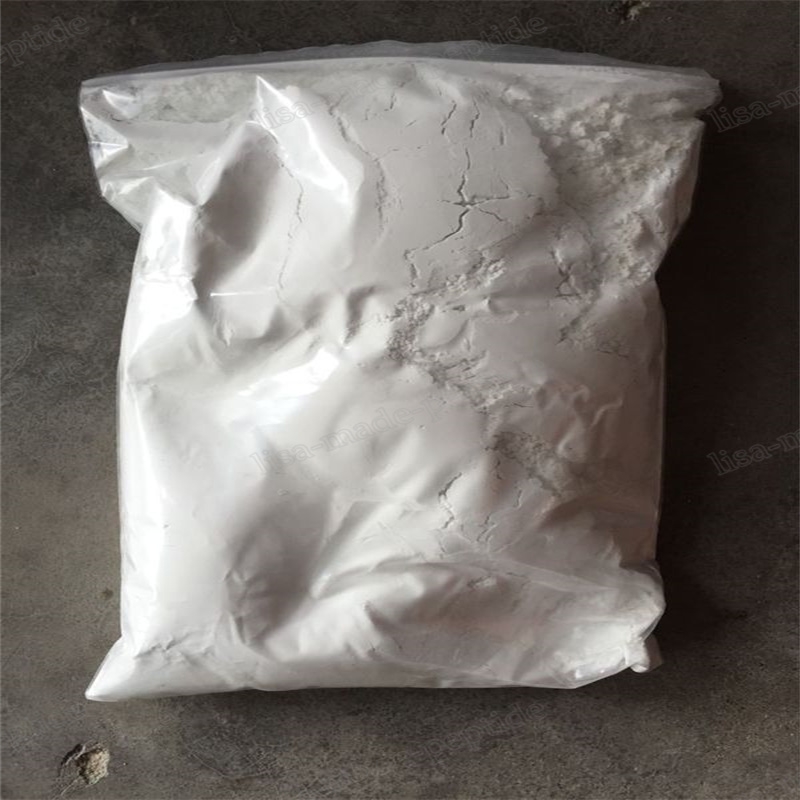-
Categories
-
Pharmaceutical Intermediates
-
Active Pharmaceutical Ingredients
-
Food Additives
- Industrial Coatings
- Agrochemicals
- Dyes and Pigments
- Surfactant
- Flavors and Fragrances
- Chemical Reagents
- Catalyst and Auxiliary
- Natural Products
- Inorganic Chemistry
-
Organic Chemistry
-
Biochemical Engineering
- Analytical Chemistry
-
Cosmetic Ingredient
- Water Treatment Chemical
-
Pharmaceutical Intermediates
Promotion
ECHEMI Mall
Wholesale
Weekly Price
Exhibition
News
-
Trade Service
[ Star Enterprise of Chemical Machinery and Equipment Network ] Of the nearly 370 million tons of plastics produced globally every year, less than 10% can be recycled
.
In recent years, due to the promotion of multi-national policies in the world and the vigorous investment of international mainstream petrochemical, brand and packaging giants and other factors, the chemical recycling of waste plastics has become a hot topic of global concern
.
Chemical Machinery Equipment Net Star Enterprise Chemical Machinery Equipment.
In recent years, due to the promotion of multi-national policies in the world and the vigorous investment of international mainstream petrochemical, brand and packaging giants and other factors, the chemical recycling of waste plastics has become a hot topic of global concern
.
According to a study published in September 2020 by AMI International, a market information provider for the global plastics industry, chemical recycling technology could recover an additional 5-15 million tons of waste plastics annually by 2030
.
.
Chemical recycling is a process in which waste plastics undergo a series of chemical transformations to regenerate new plastics of the same quality as petroleum-based plastics
.
.
On November 3, 2021, Honeywell announced the successful commercialization of a plastic recycling process
.
Honeywell's UpCycle process technology uses molecular transformation, pyrolysis and pollutant management technologies to convert waste plastics into recycled polymer feedstocks that are then used to make new plastics
.
The UpCycle process technology significantly broadens the range of recyclable plastics, including otherwise unrecyclable waste plastics, colored, flexible, multi-layer packaging or polystyrene
.
When combined with other chemical and mechanical recycling processes and improvements in collection and sorting processes, the UpCycle process technology is expected to increase the proportion of plastic waste that is recycled globally to 90%
.
Honeywell's UpCycle process technology uses molecular transformation, pyrolysis and pollutant management technologies to convert waste plastics into recycled polymer feedstocks that are then used to make new plastics .
Honeywell's UpCycle process technology uses molecular transformation, pyrolysis and pollutant management technologies to convert waste plastics into recycled polymer feedstocks that are then used to make new plastics
.
The UpCycle process technology significantly broadens the range of recyclable plastics, including otherwise unrecyclable waste plastics, colored, flexible, multi-layer packaging or polystyrene
.
When combined with other chemical and mechanical recycling processes and improvements in collection and sorting processes, the UpCycle process technology is expected to increase the proportion of plastic waste that is recycled globally to 90%
.
.
UpCycle process technology is expected to increase the proportion of plastic waste that is recycled globally to 90%
.
At present, Honeywell has cooperated with a number of energy companies and plastic recycling companies to establish recycling plants, using UpCycle process technology to convert waste plastics into recycled polymer raw materials
.
.
In November 2021, Honeywell and Sacyr announced a joint venture in Andalusia, Spain, to build and operate a plant capable of processing 30,000 metric tons of mixed waste plastic per year, with production expected to begin in 2023
.
The plant will use Honeywell's chemical recycling UpCycle process technology to convert waste into recycled polymer feedstock, or RPF
.
.
The plant will use Honeywell's chemical recycling UpCycle process technology to convert waste into recycled polymer feedstock, or RPF
.
At present, Honeywell has signed strategic agreements with Total Energy and TotalEnergies, a French chemical company
.
Honeywell will supply the RPF to Total Energy, TotalEnergies, and Total will source the raw material and convert it into a high-quality polymer suitable for high-spec applications such as food-grade packaging
.
.
Honeywell will supply the RPF to Total Energy, TotalEnergies, and Total will source the raw material and convert it into a high-quality polymer suitable for high-spec applications such as food-grade packaging
.
On February 17, 2022, Honeywell announced that it will establish a joint venture with Avangard Innovative, the largest plastic recycling company in the United States, to build an advanced recycling plant in Texas, United States
.
The new plant, which will use the UpCycle process technology, is expected to start production in 2023 and will convert 30,000 metric tons of mixed waste plastic annually into Honeywell's recycled polymer feedstock
.
.
The new plant, which will use the UpCycle process technology, is expected to start production in 2023 and will convert 30,000 metric tons of mixed waste plastic annually into Honeywell's recycled polymer feedstock
.







